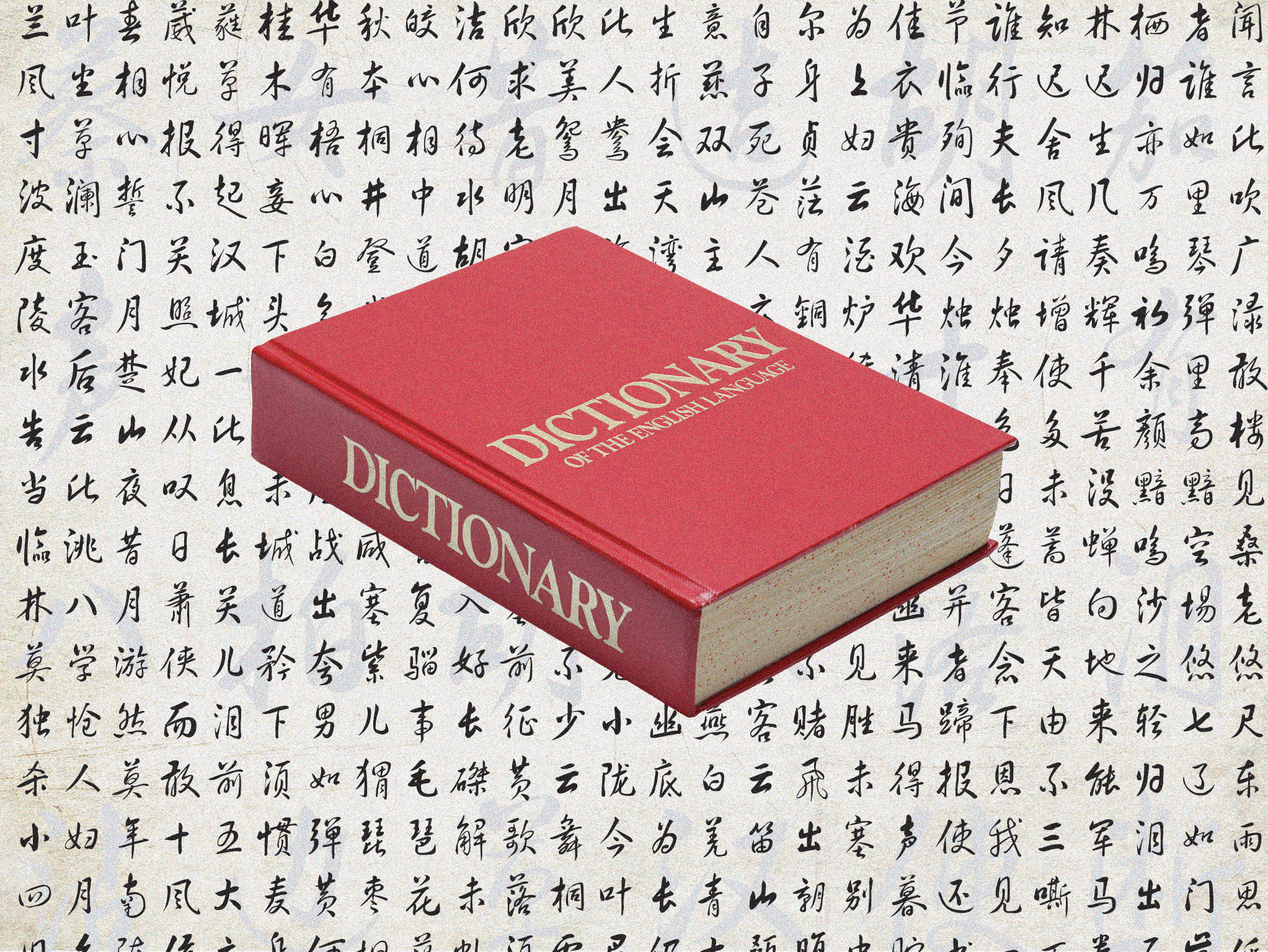Created and developed by the New York-based Welsh software engineer Josh Wardle, Wordle (yes, a pun on his name) became an internet sensation in 2021, helping to soothe those COVID-19-related blues. It proved such a hit; Wardle sold it to The New York Times (NYT) for a seven-figure fee. The online word game in which players have six attempts to guess a five-letter word is still hugely popular. Last year alone, it was played an incredible 4.8 billion times. For most, it’s a fun way to decompress for a few minutes. Sometimes, though, the answer makes people angry, like one of this week’s words: Manga.
“Foul! How many English speaking people would have ever heard of this word?” wrote one disgruntled player on the game’s comments section. Another person confirmed that manga is in Merriam-Webster’s English dictionary but took “exception to a word that is so UnEnglish (also not a word), when there are so many English words that might have been the answer.” Several people said it had put them off playing the game. Toni Monkovic, staff editor at the NYT, responded to some of the complaints. “MANGA cleared all three hurdles we use to decide what goes in the bot’s dictionary. One of the three measurements is how often players themselves have guessed MANGA in the last two years.”

Manga Described as an ‘Obscure Word’
Not everyone, though, was satisfied with his message. “I still think it’s bogus,” replied one player. “I read the NYT for actual news, never sports or entertainment. If it’s not in common usage outside Japan in general conversation or news, it’s not a good solution. I still think y’all blew it today.” She added, “There’s nothing wrong with liking anime or manga; it’s just very obscure. Sushi is a Japanese word in common usage; manga is absolutely not.” The word Manga entered Merriam-Webster’s English dictionary in 2006. Earlier this year, 23 Japanese words were added to the Oxford English Dictionary, including kintsugi, kirigami and tokusatsu.








